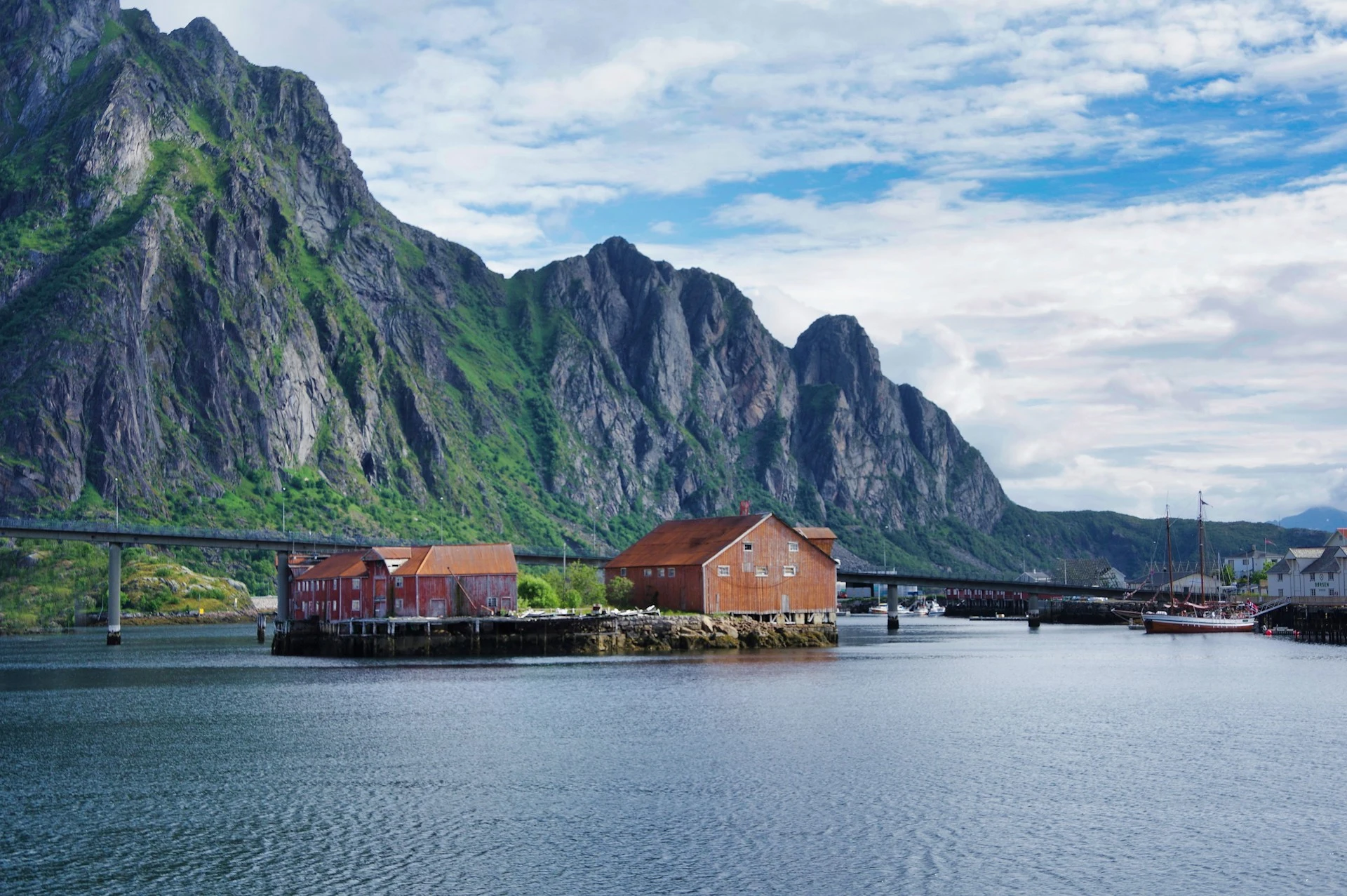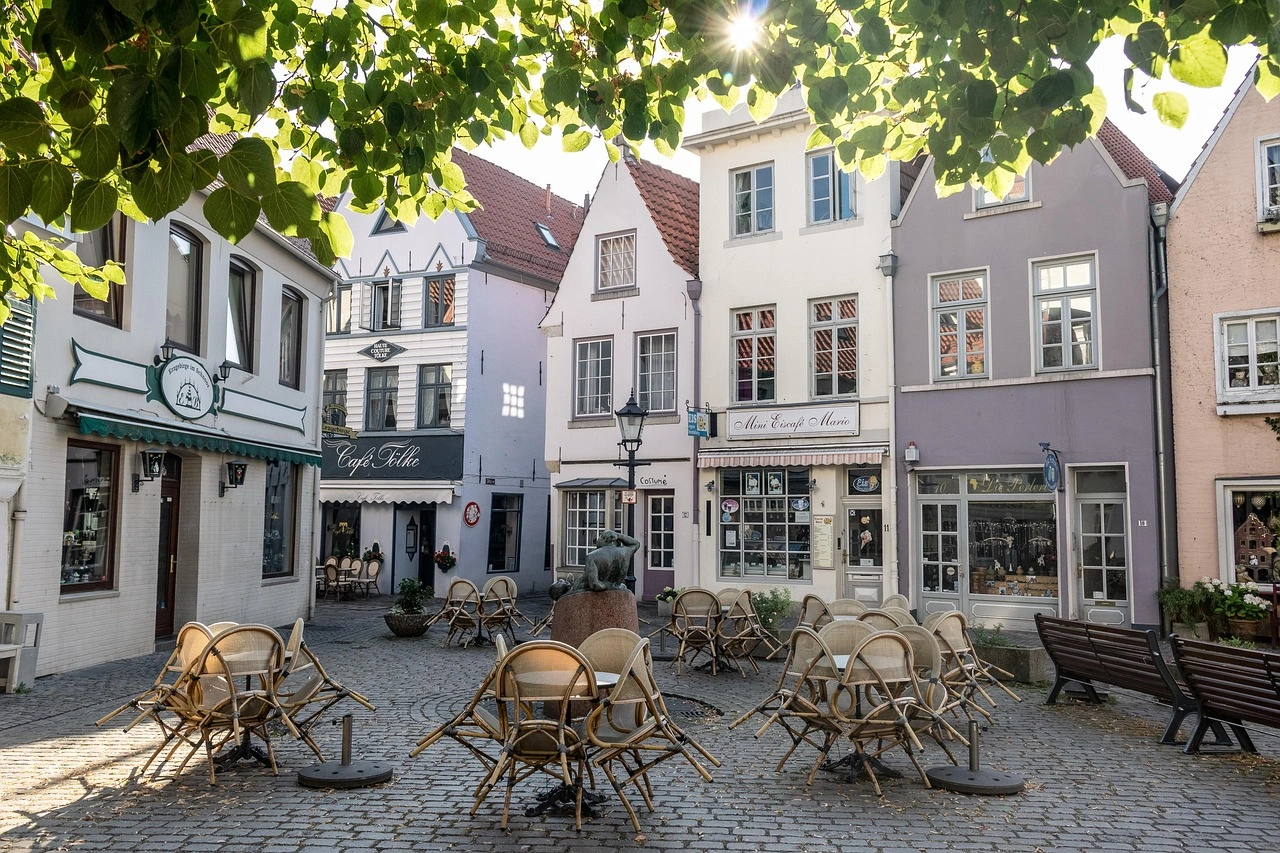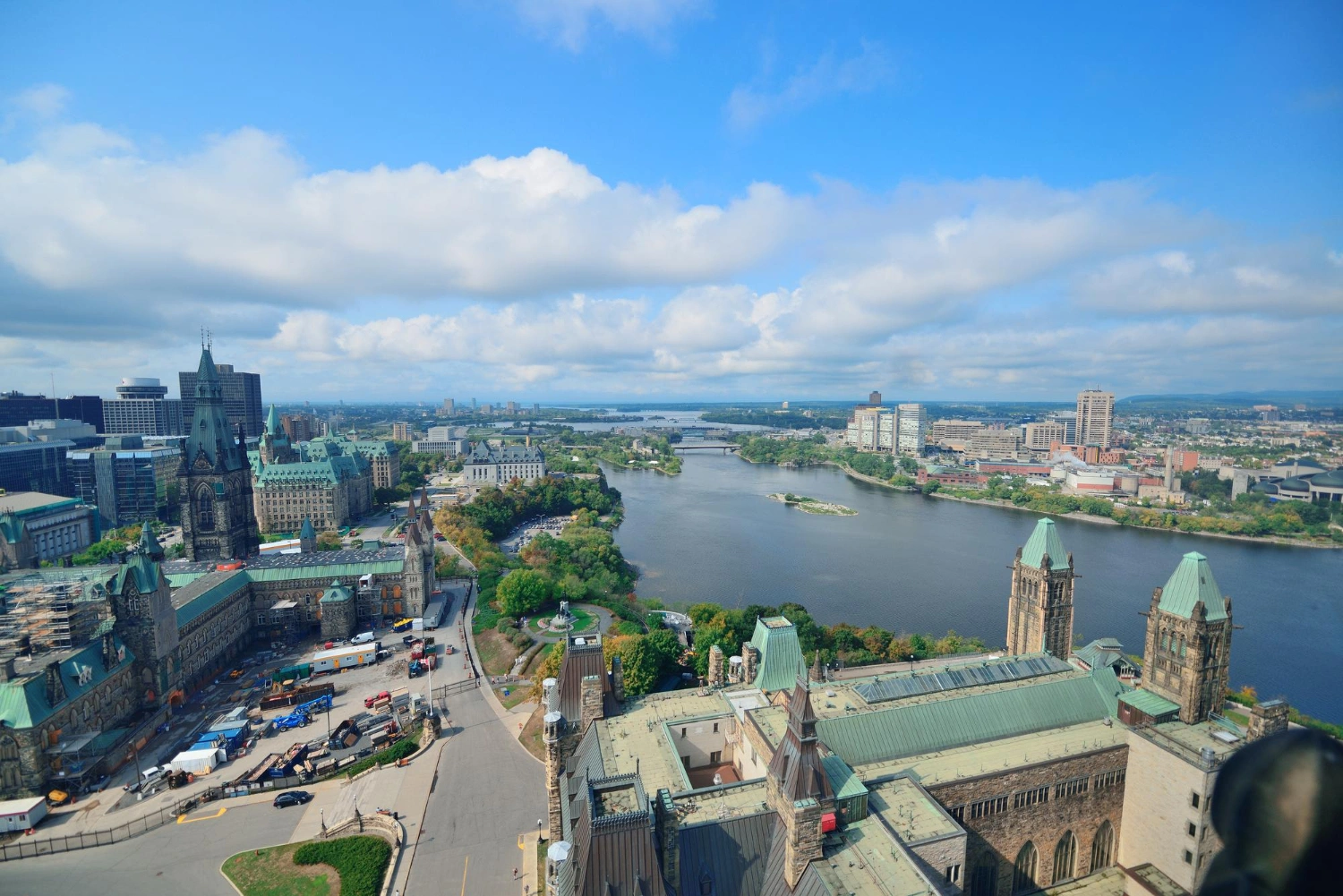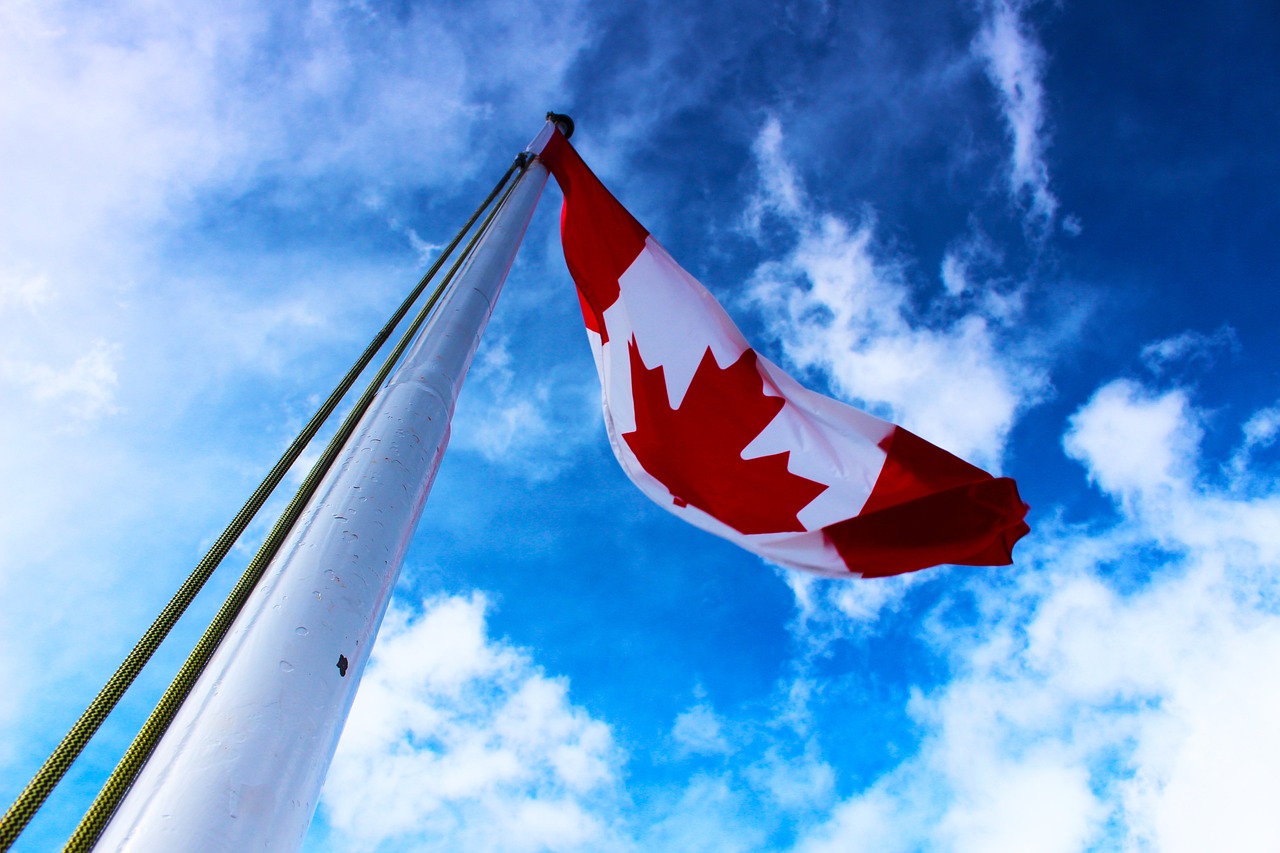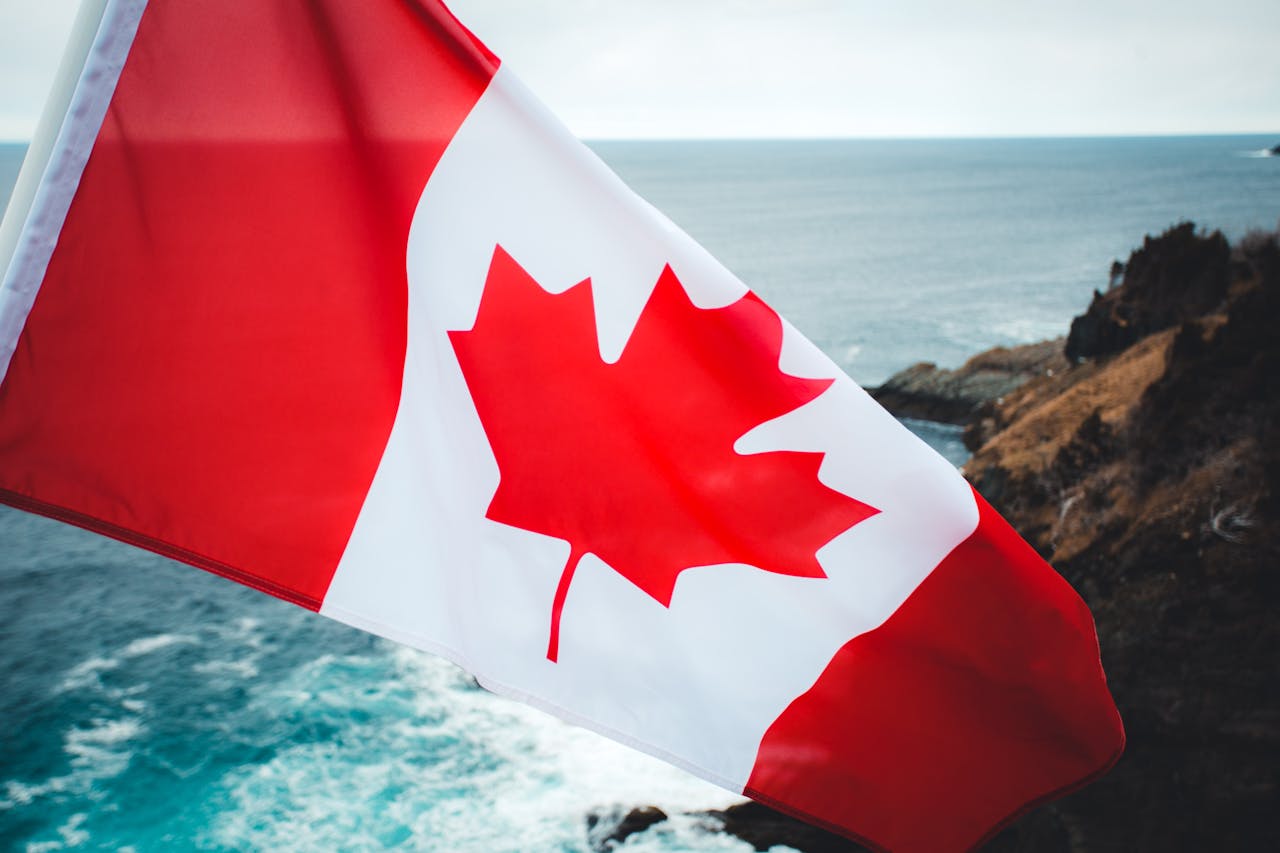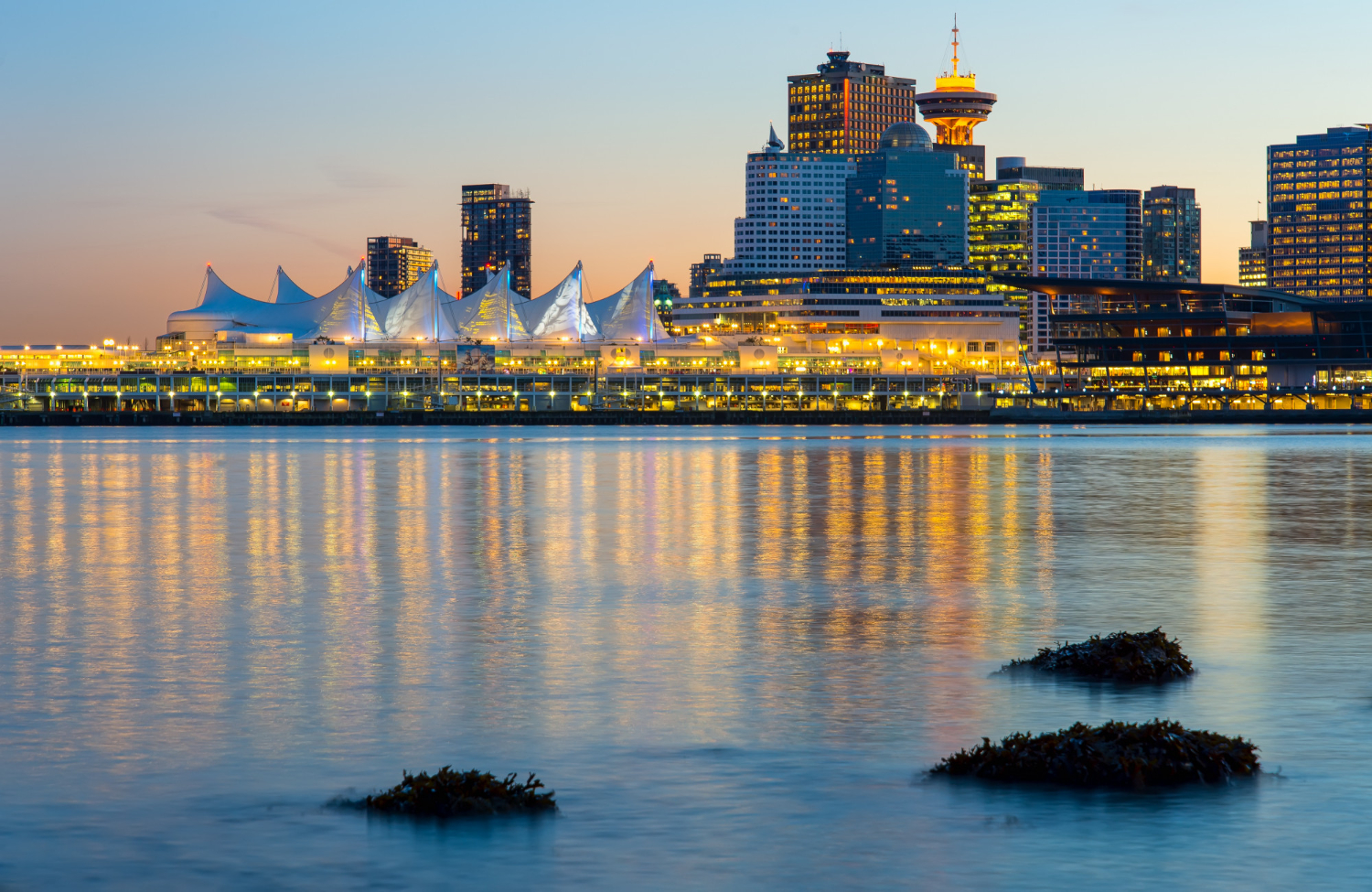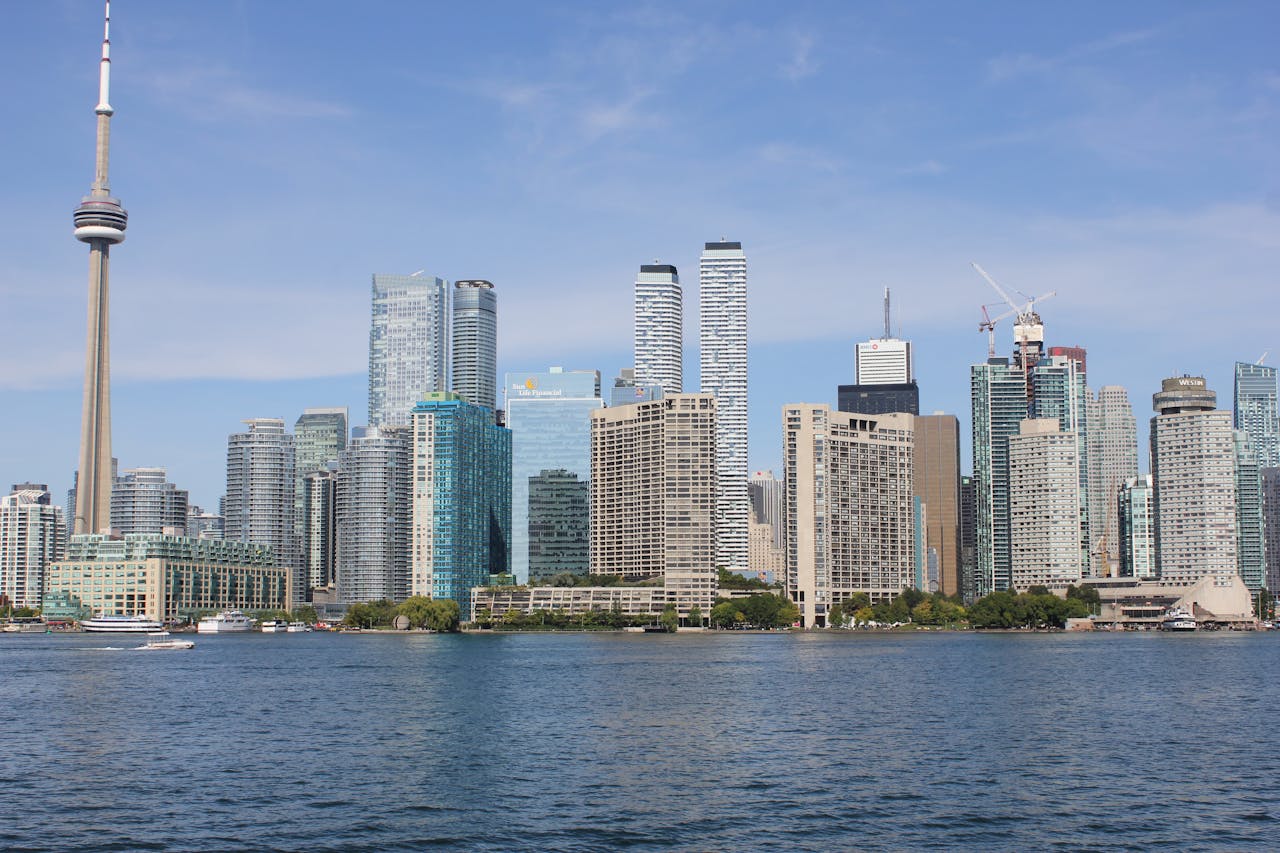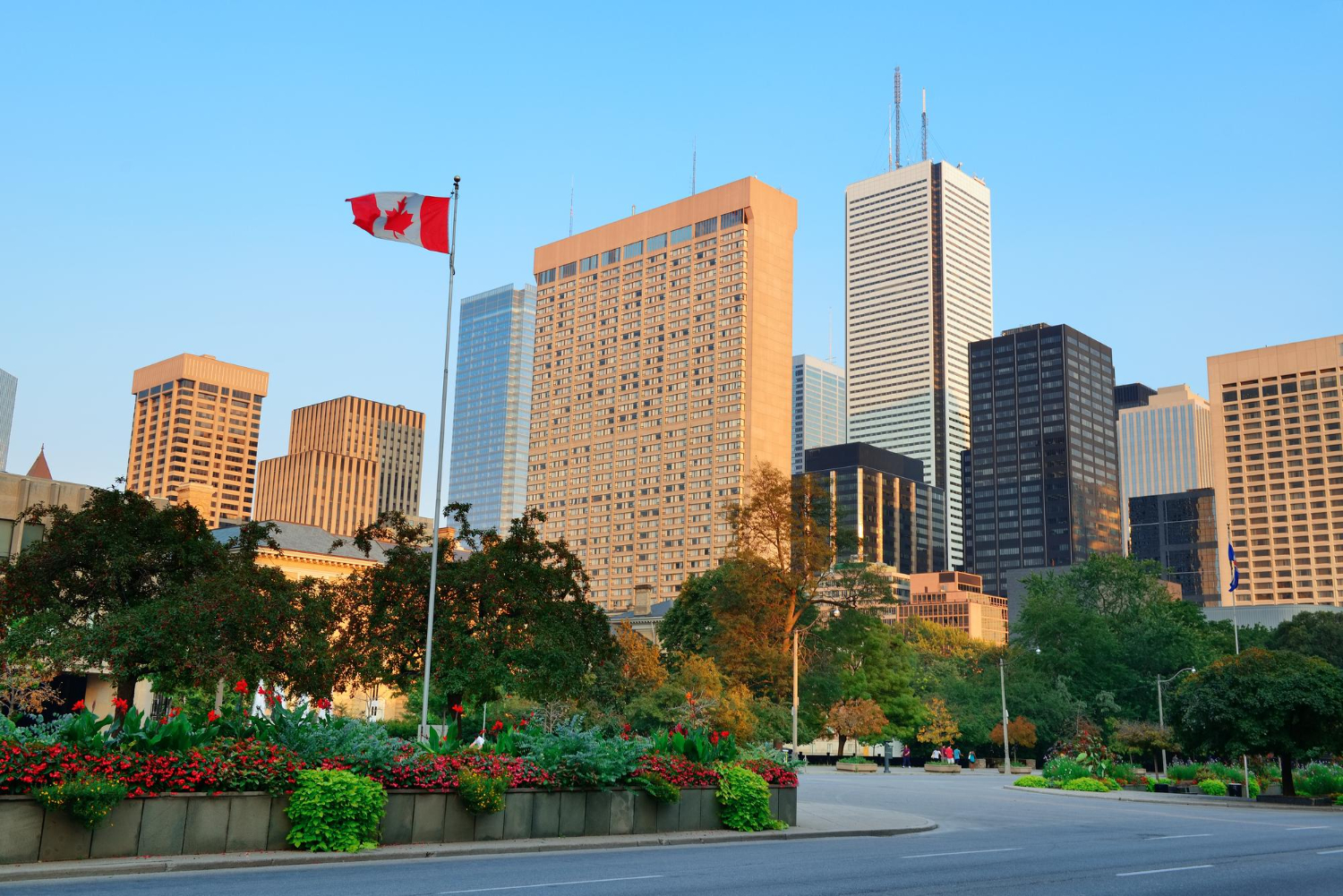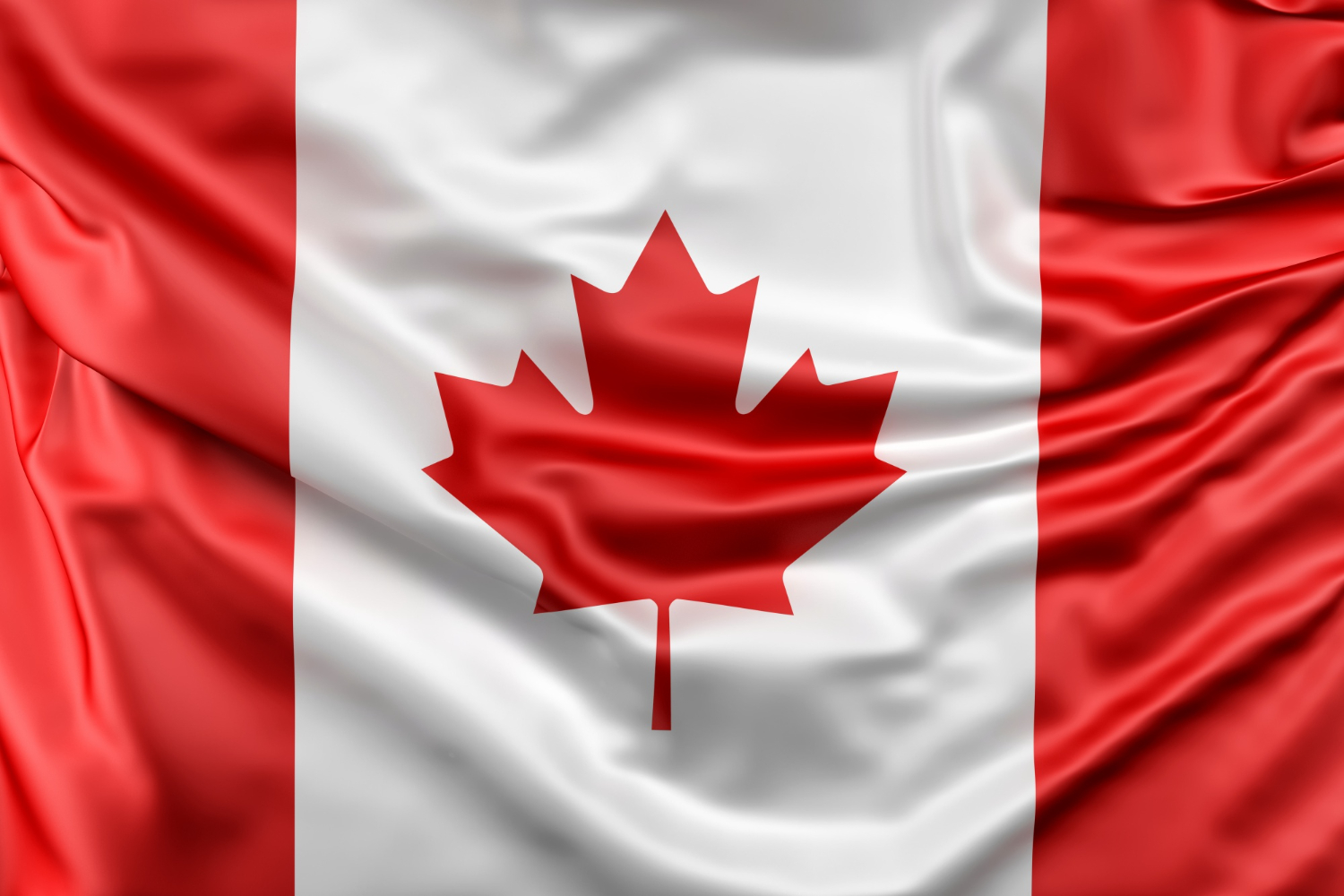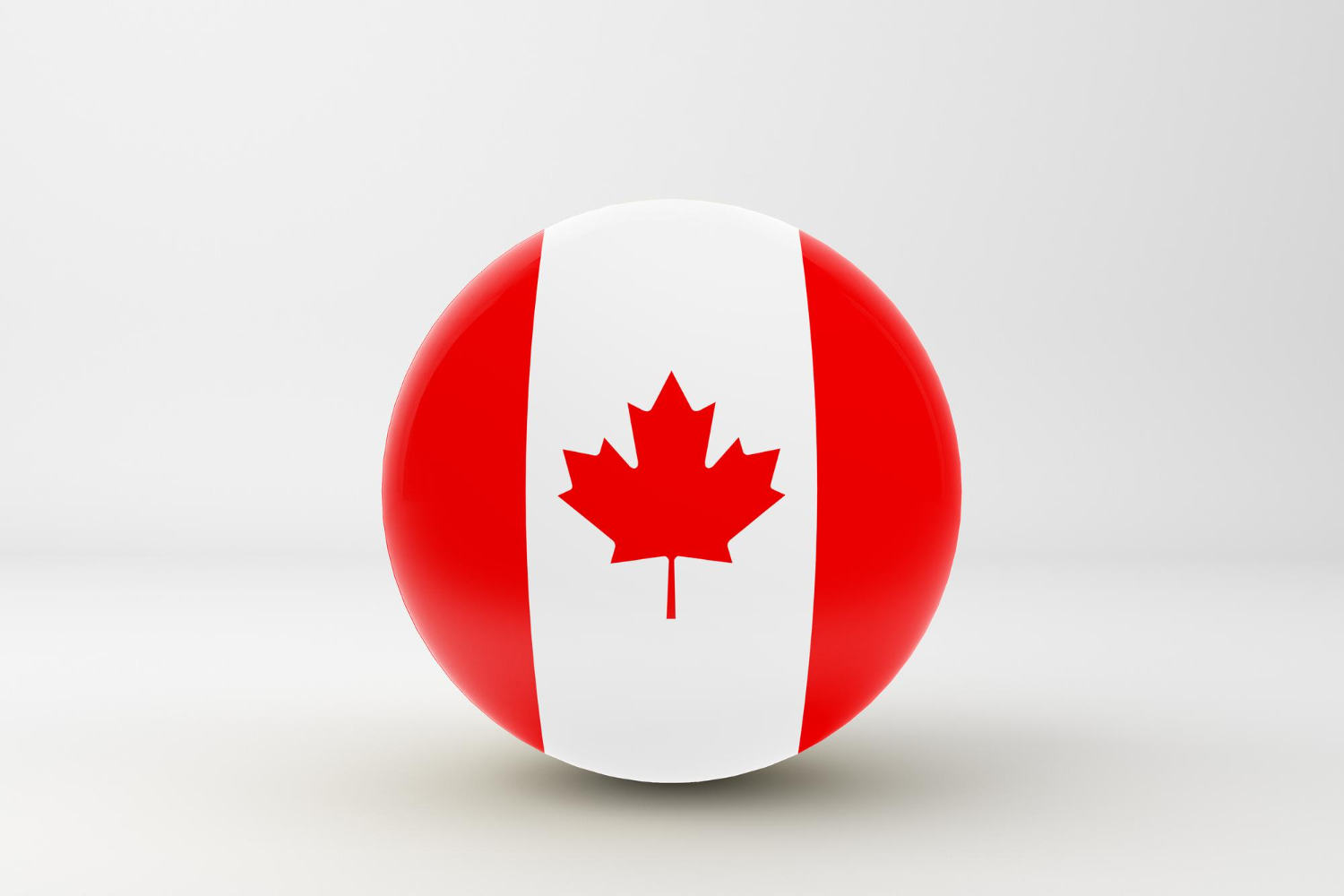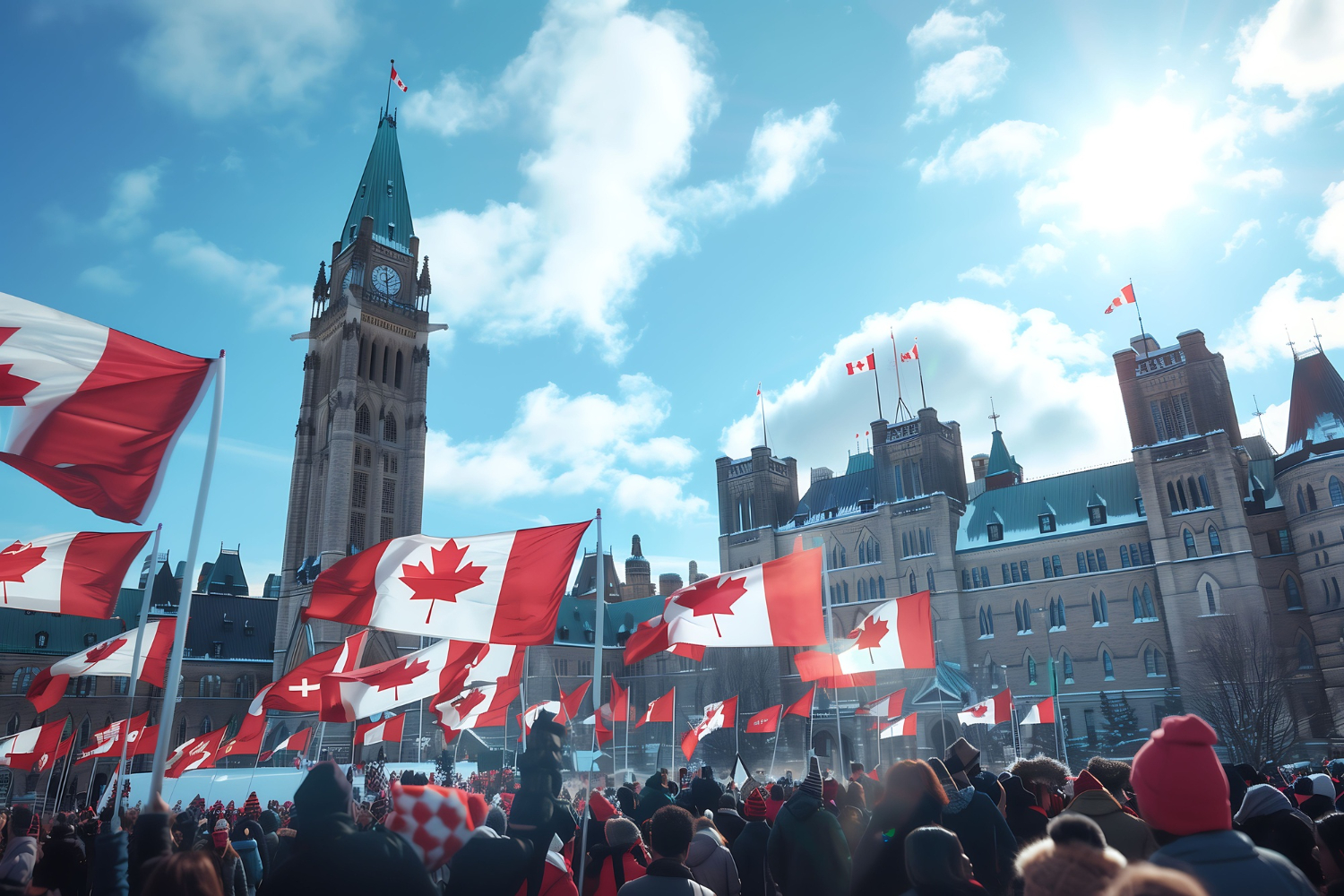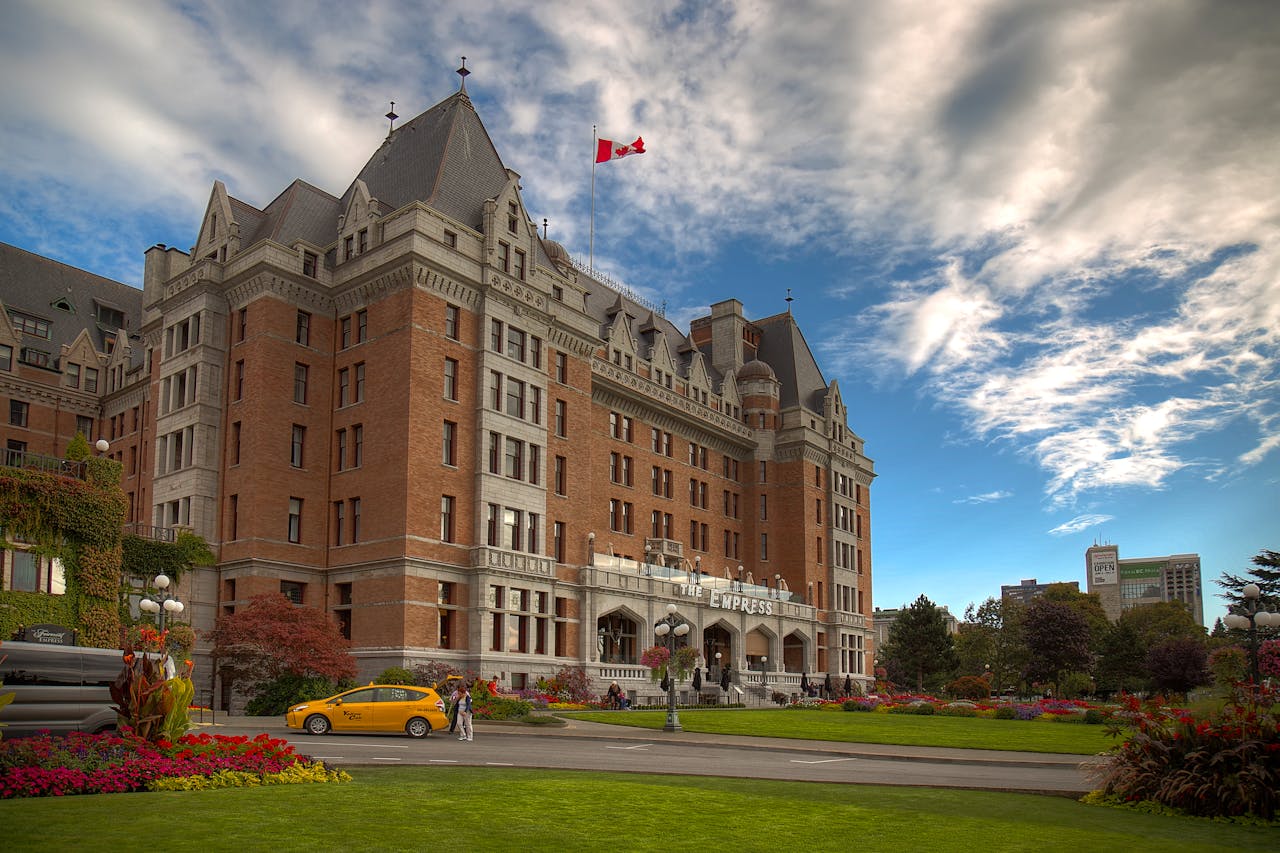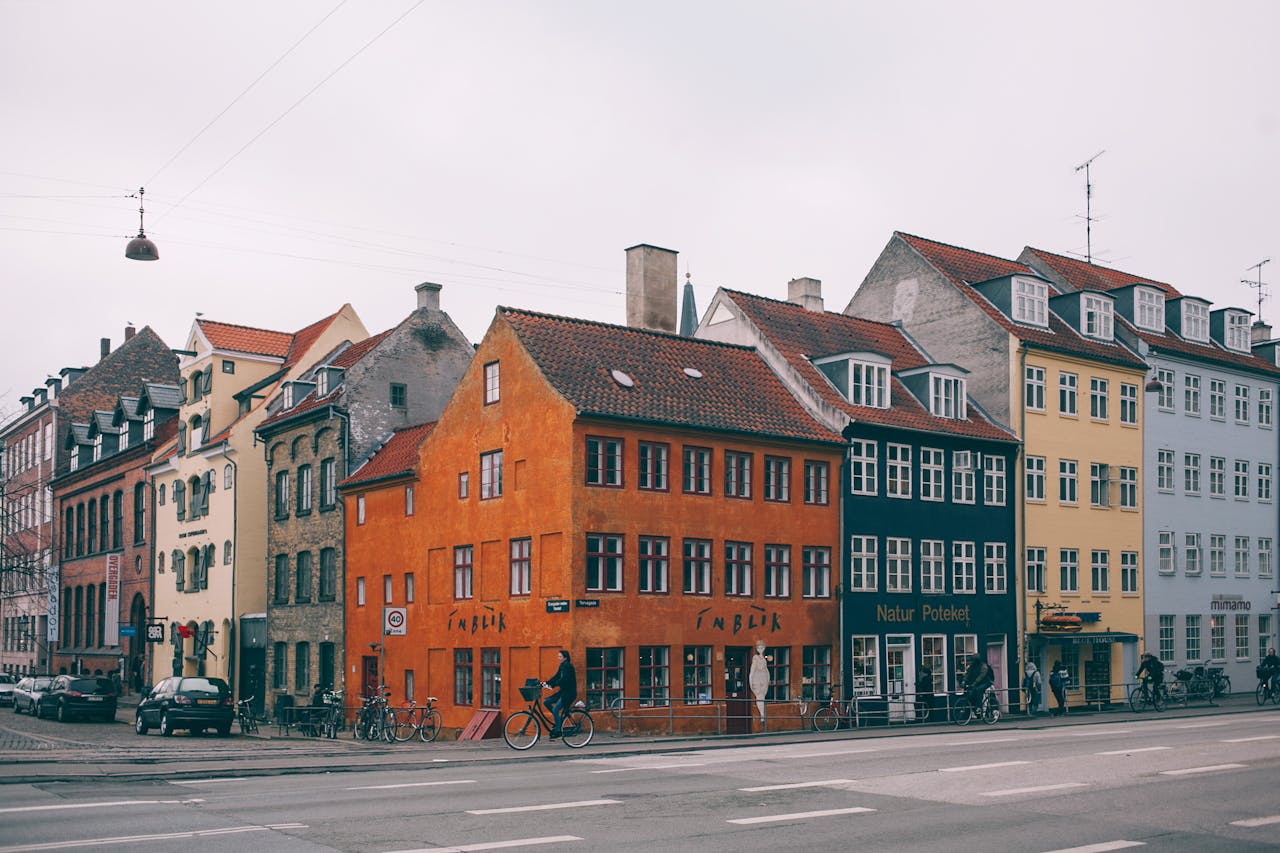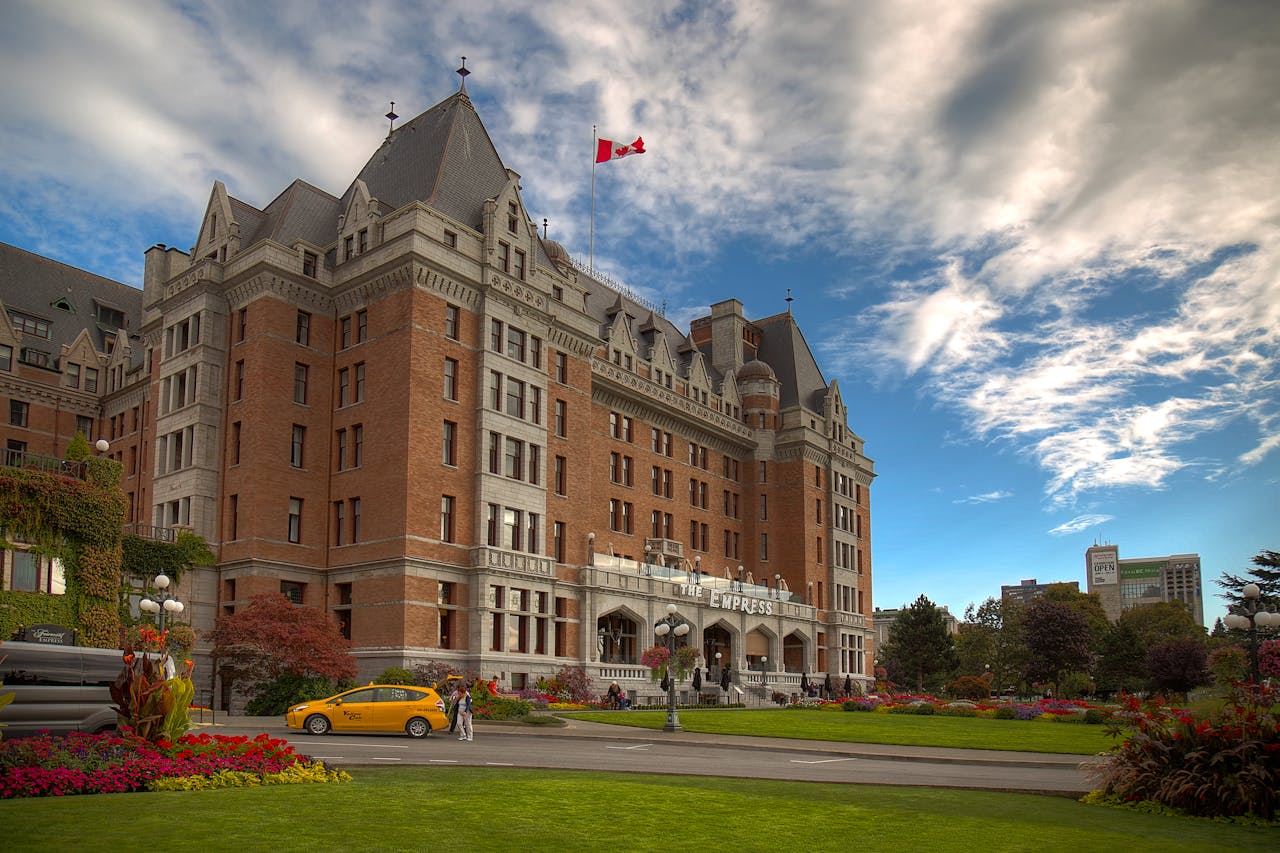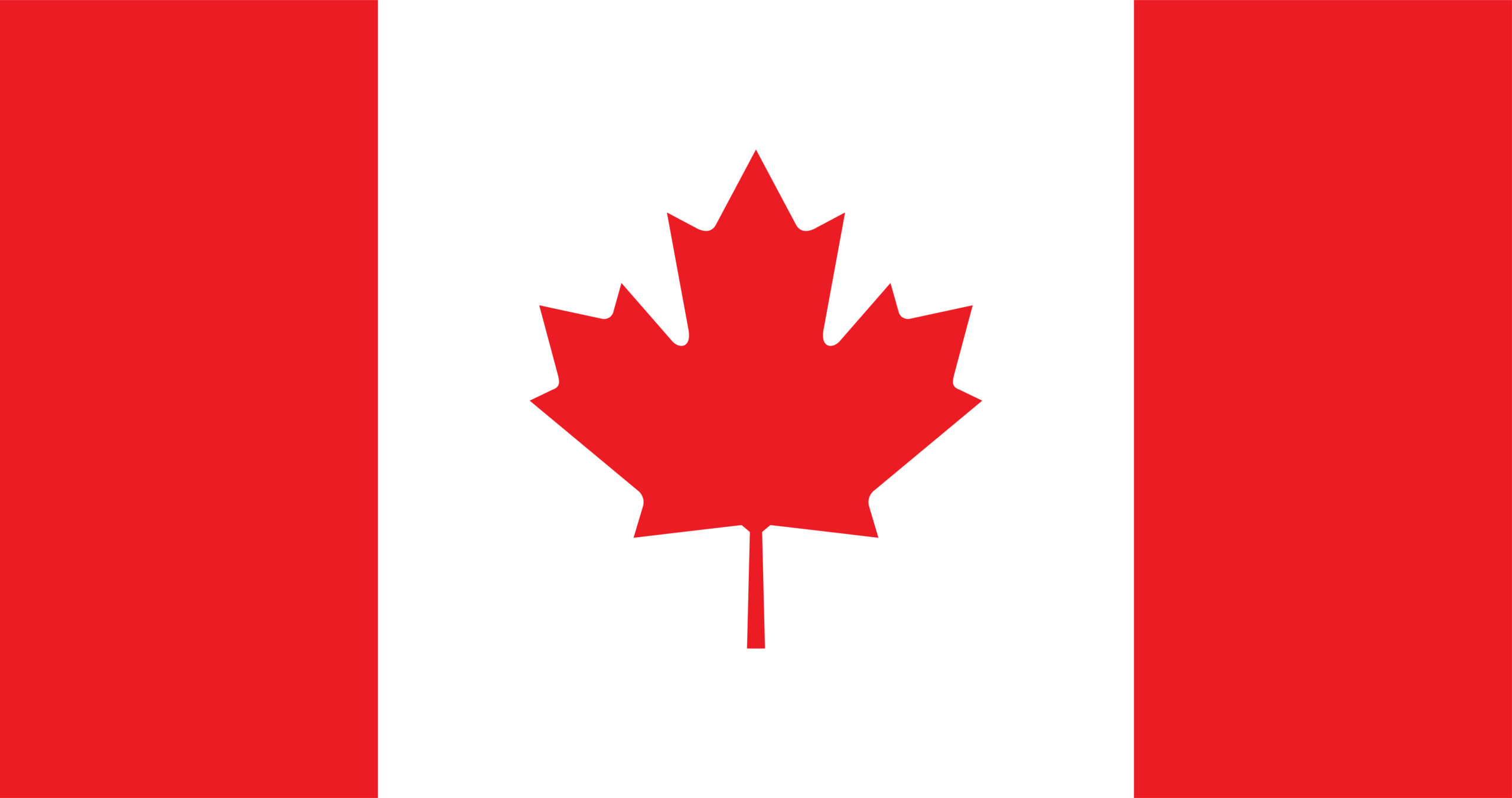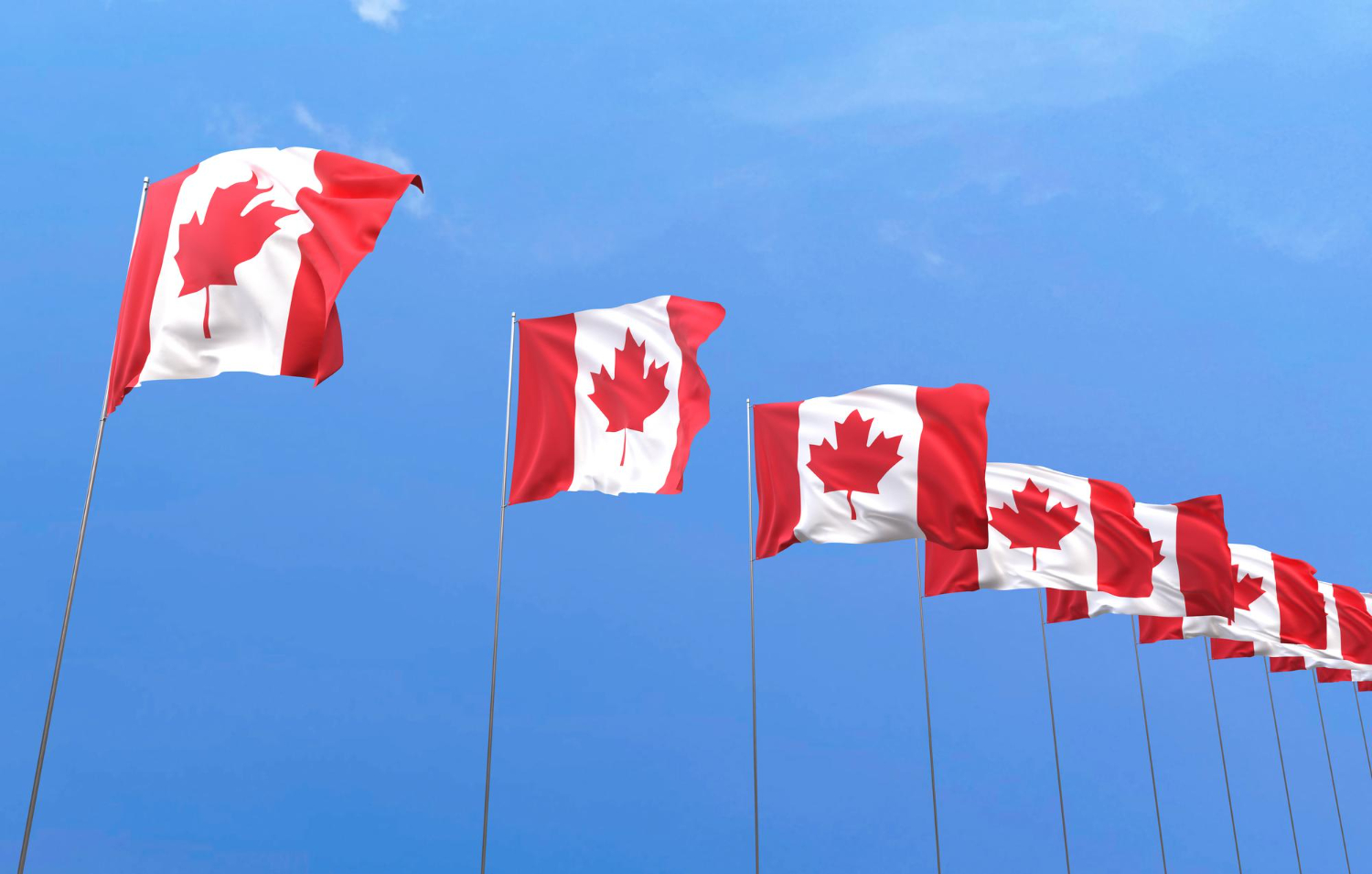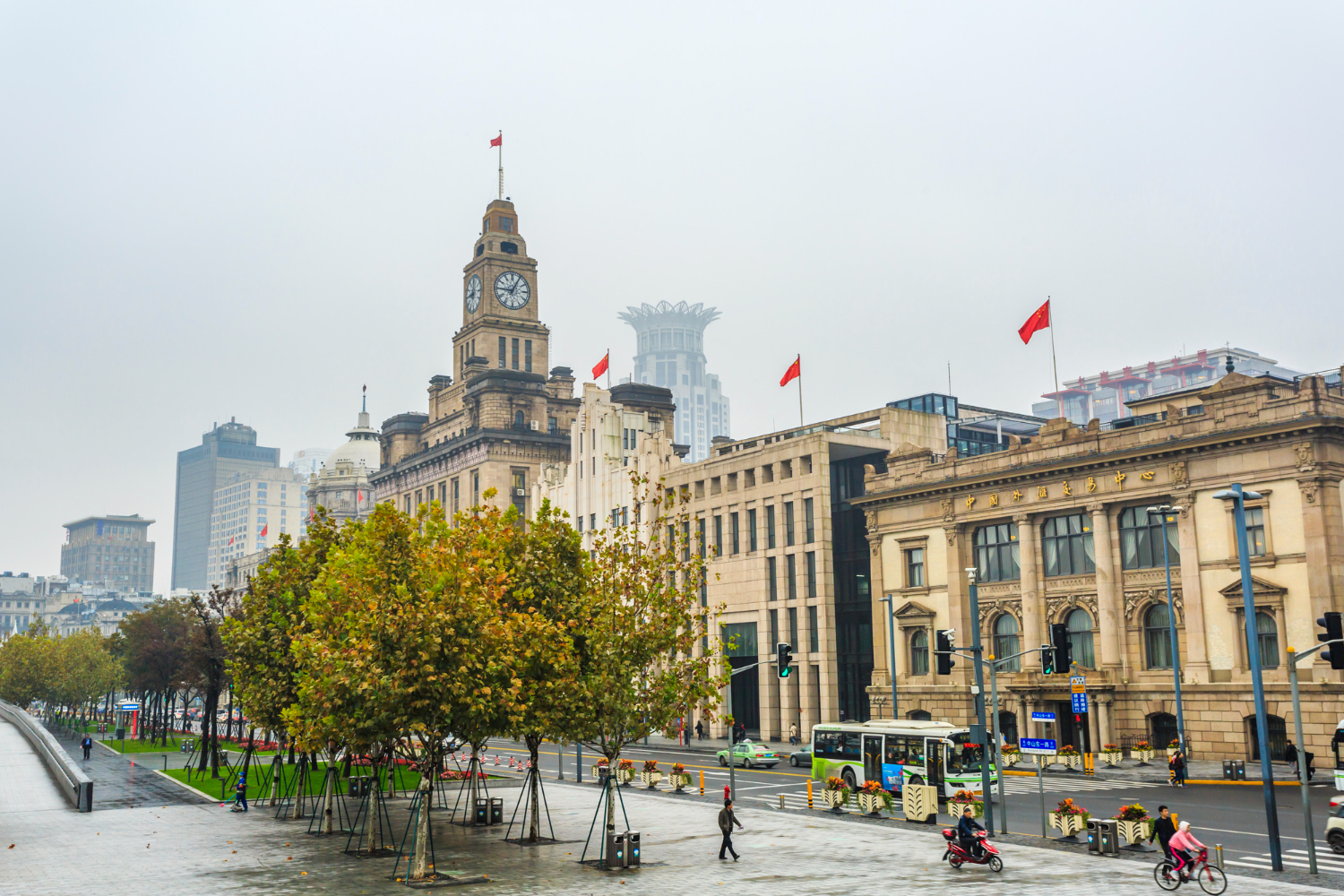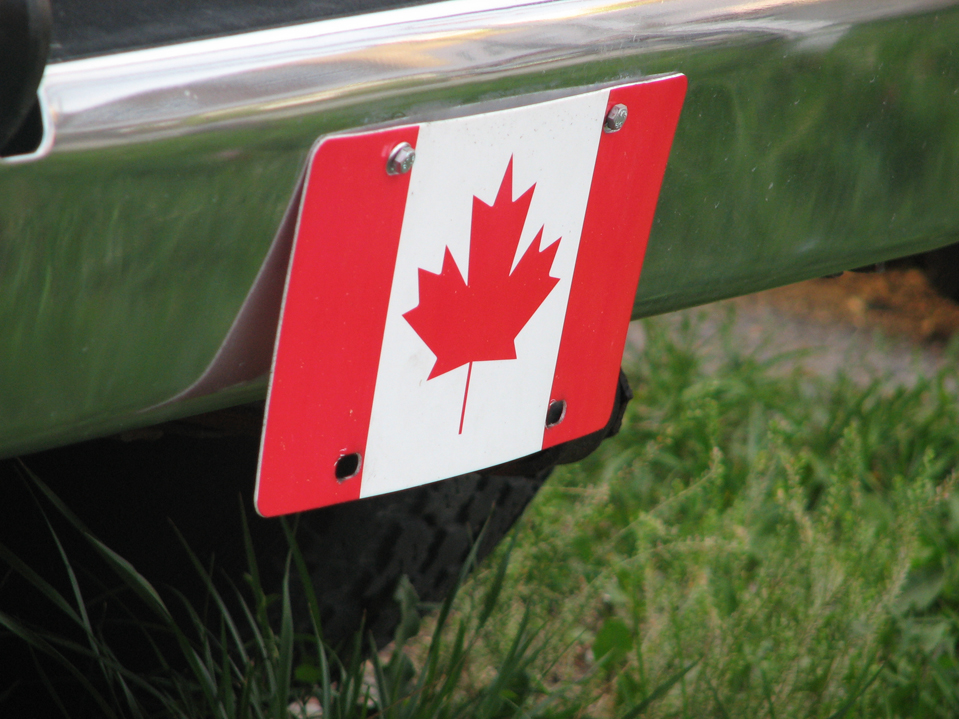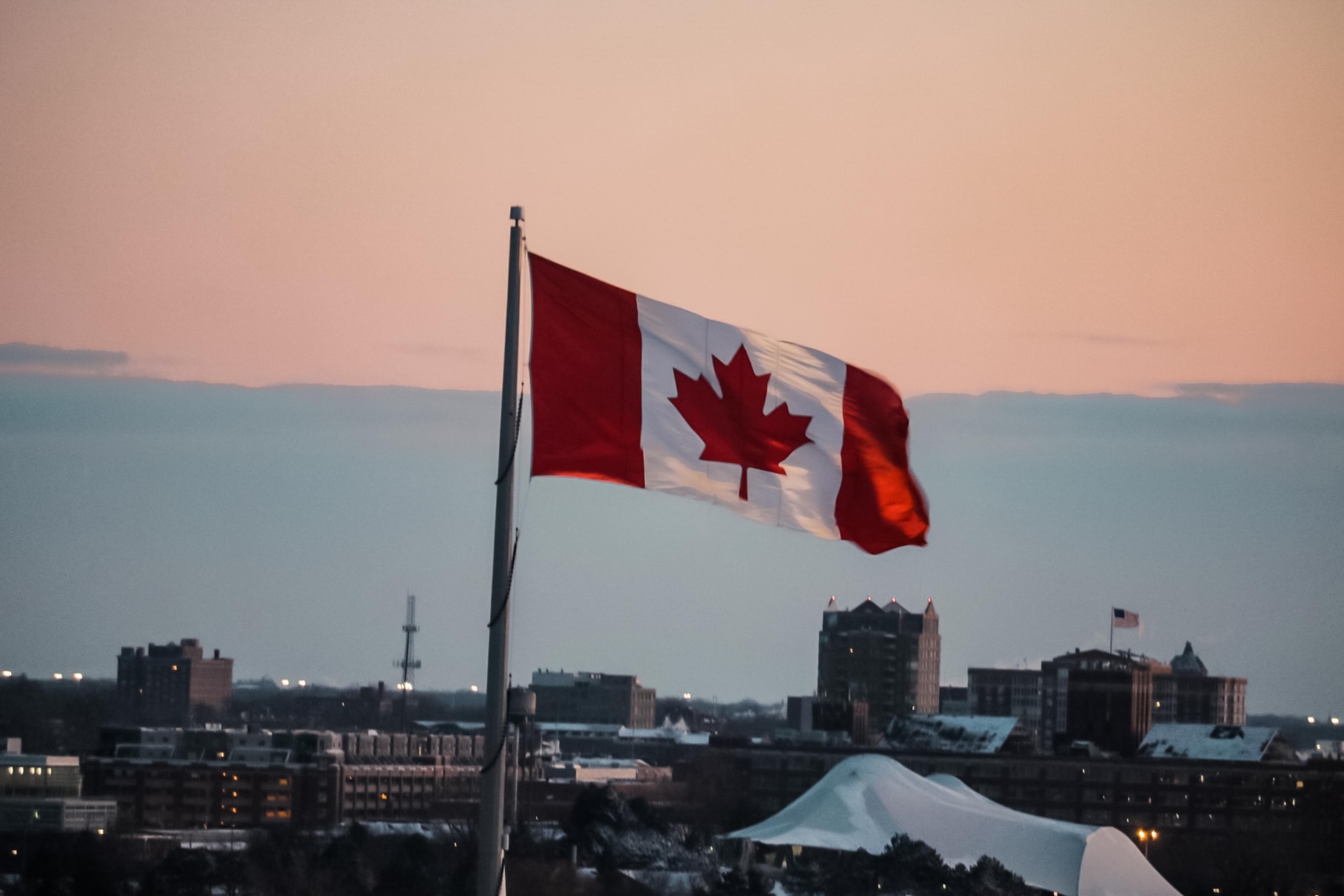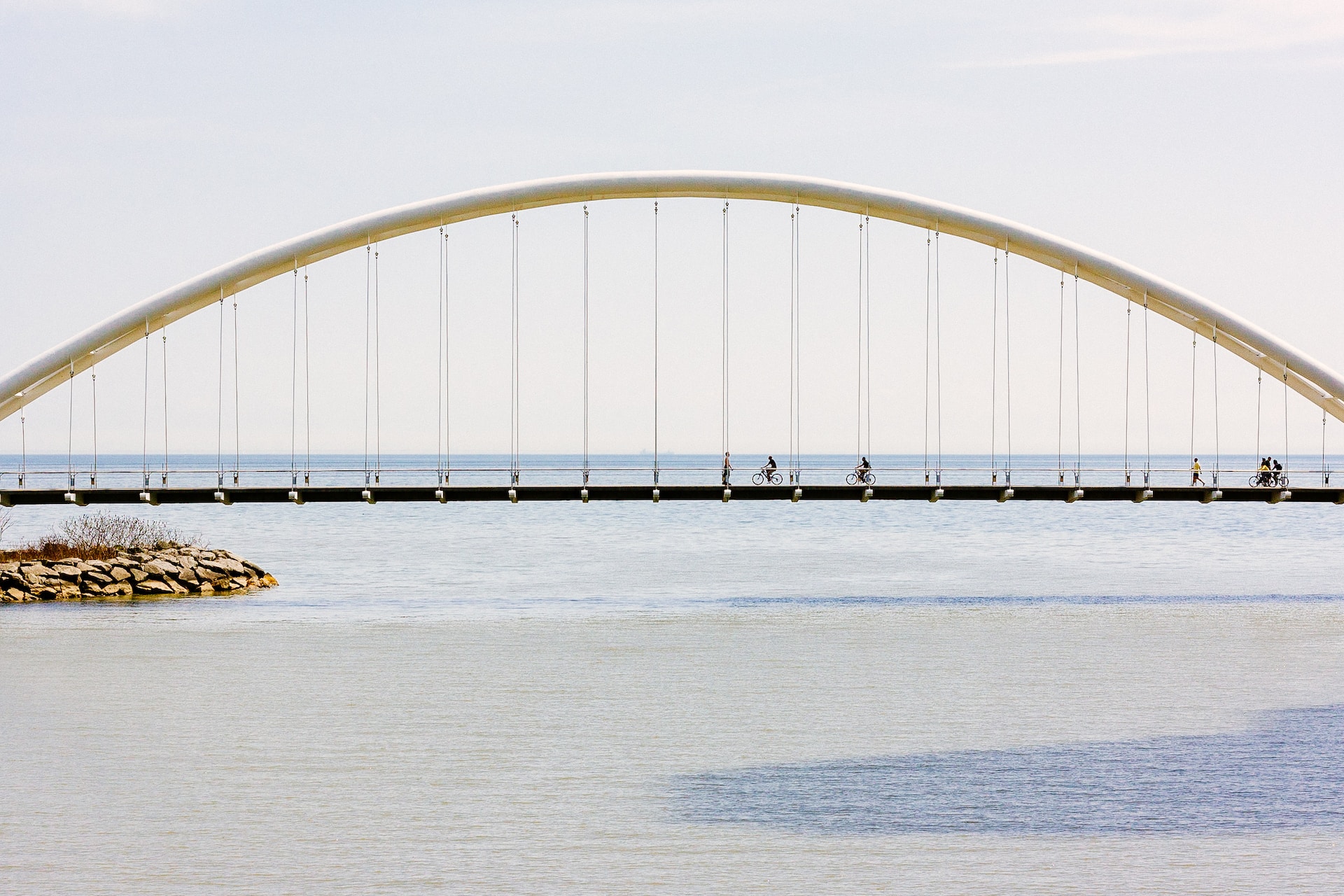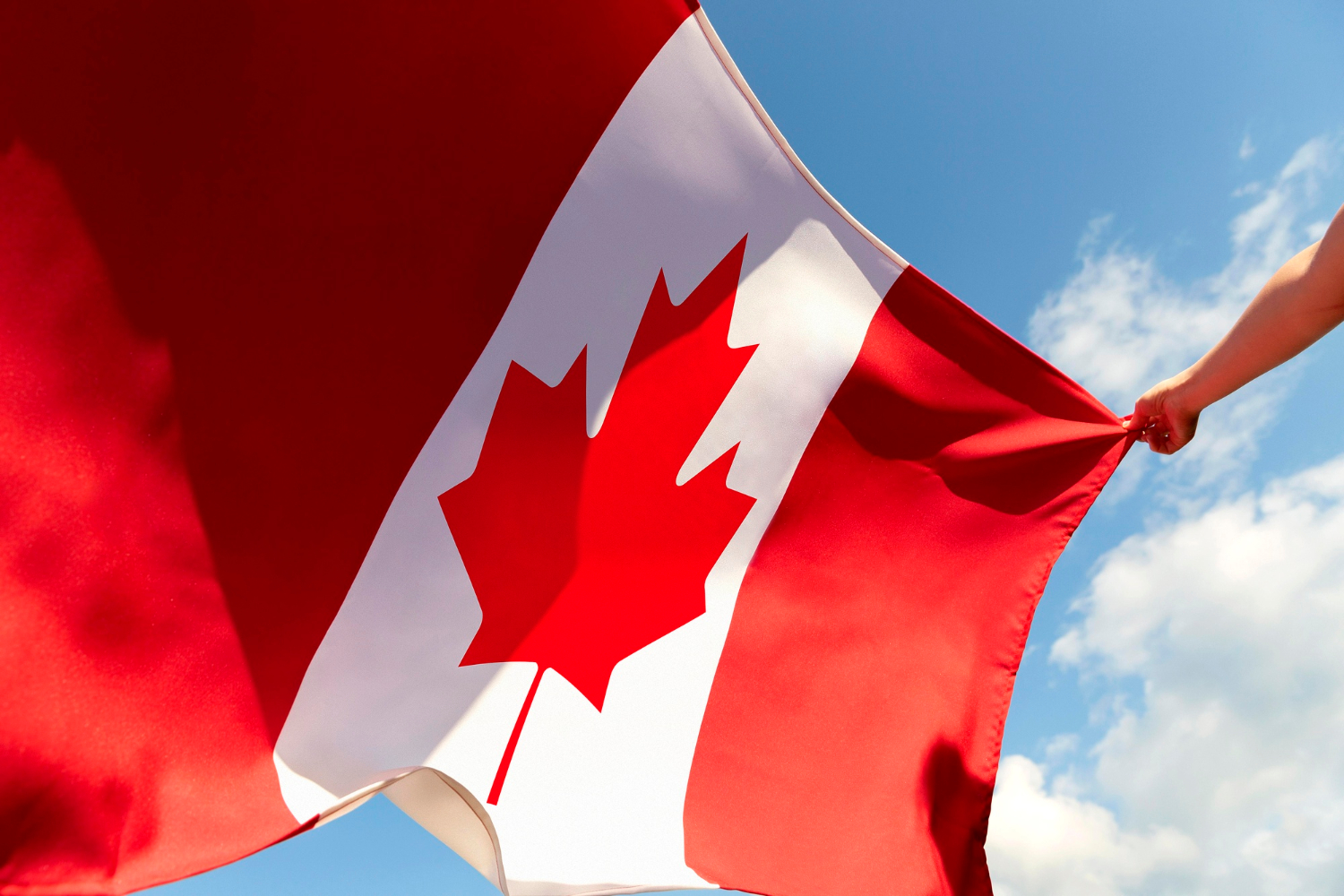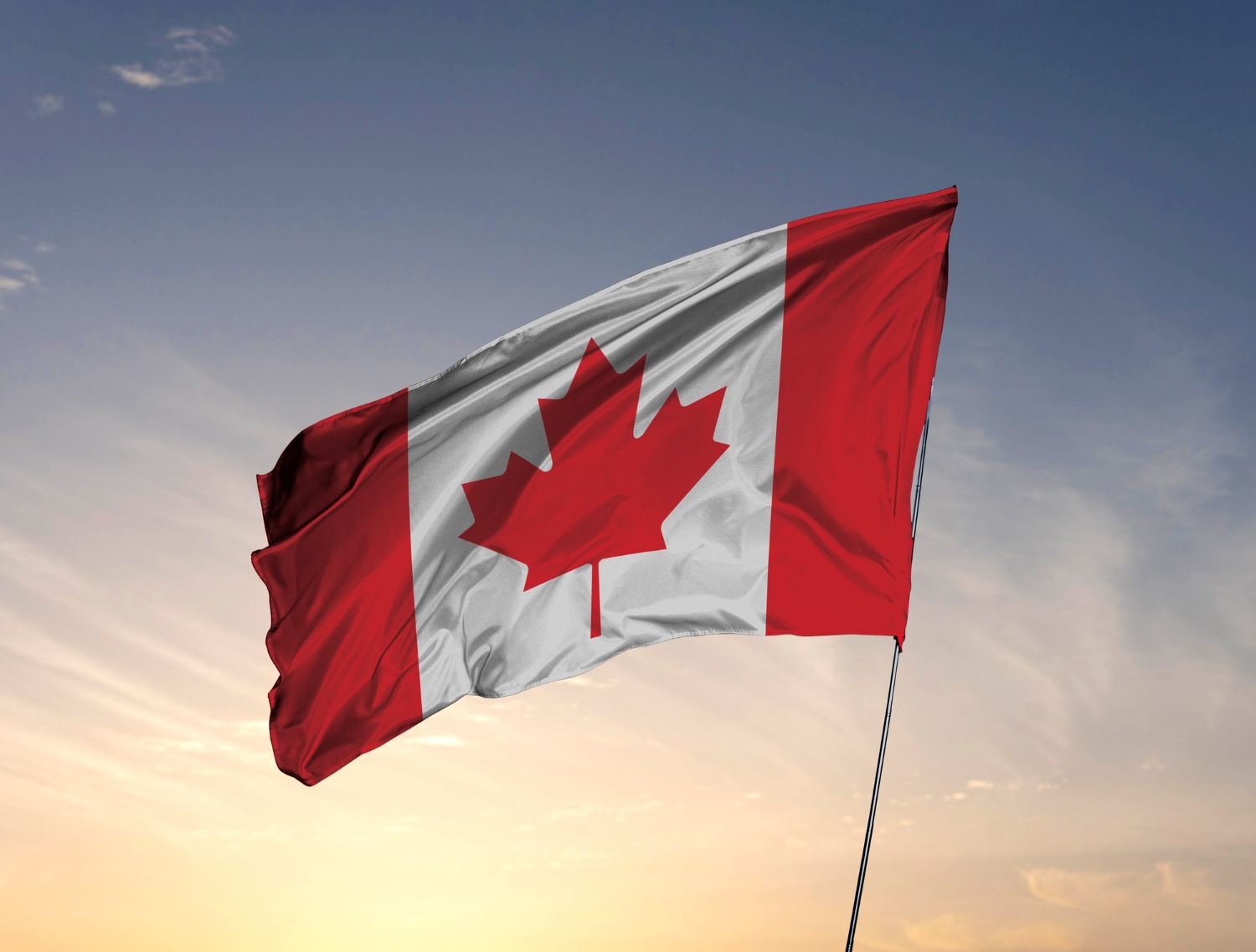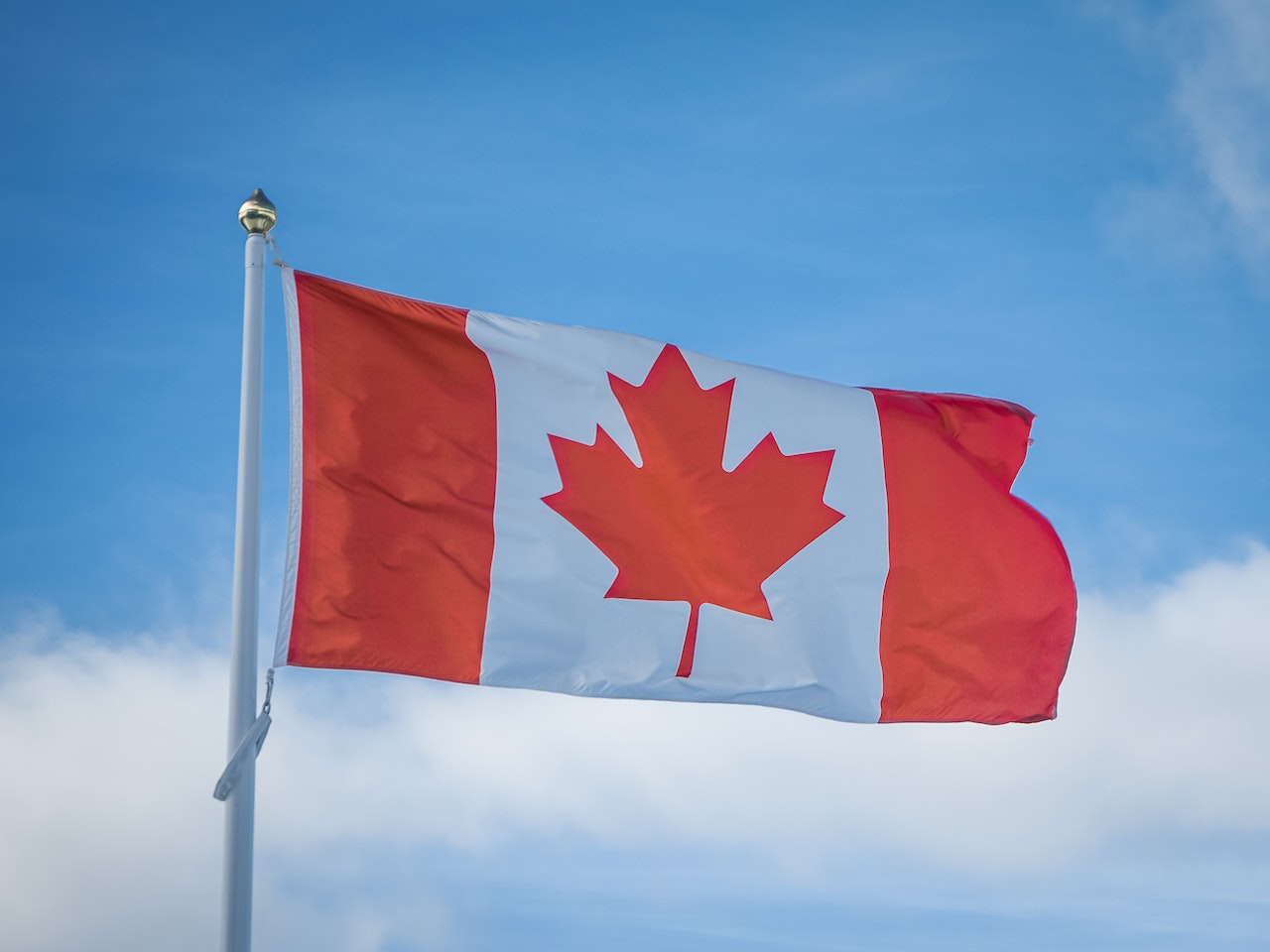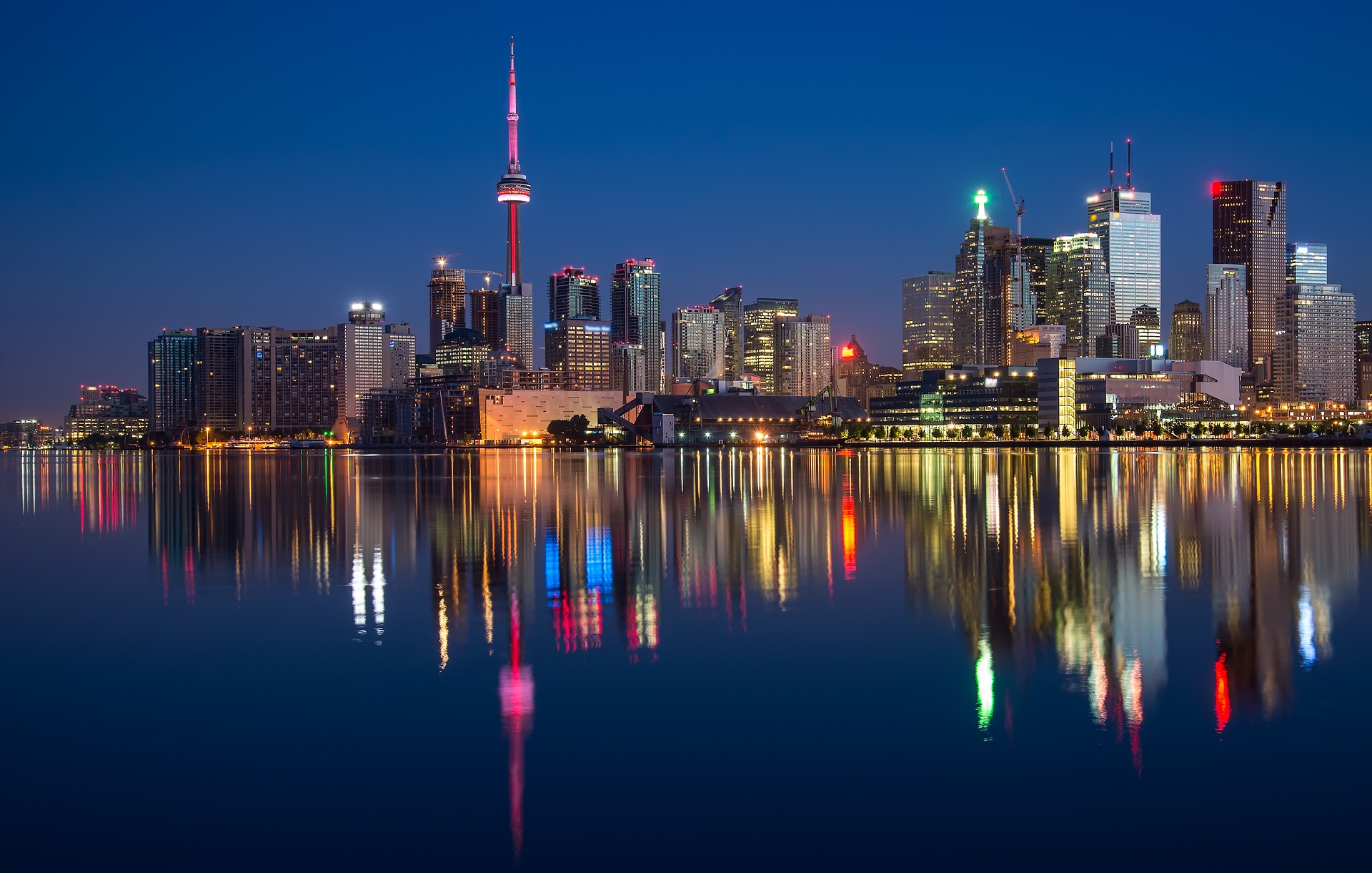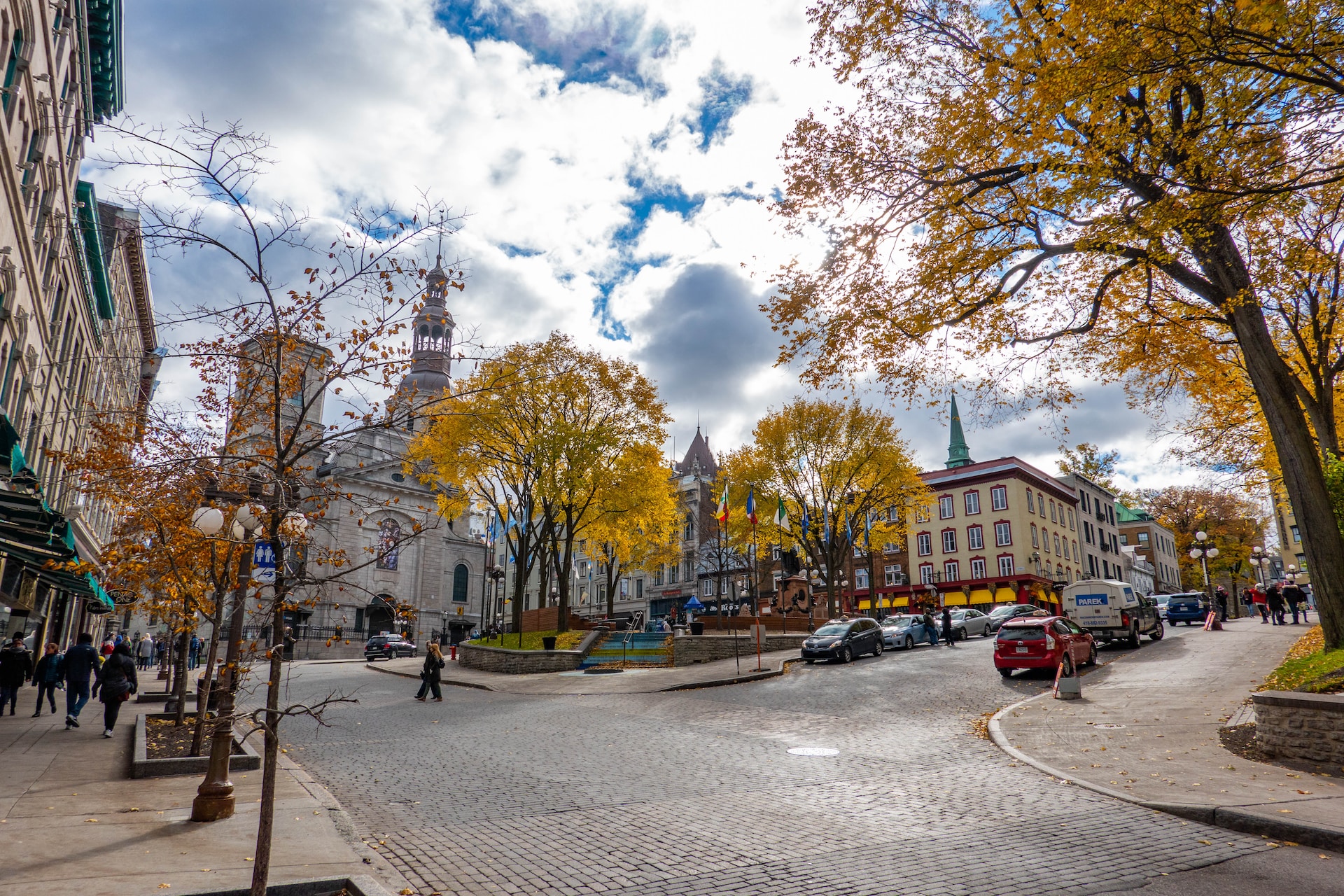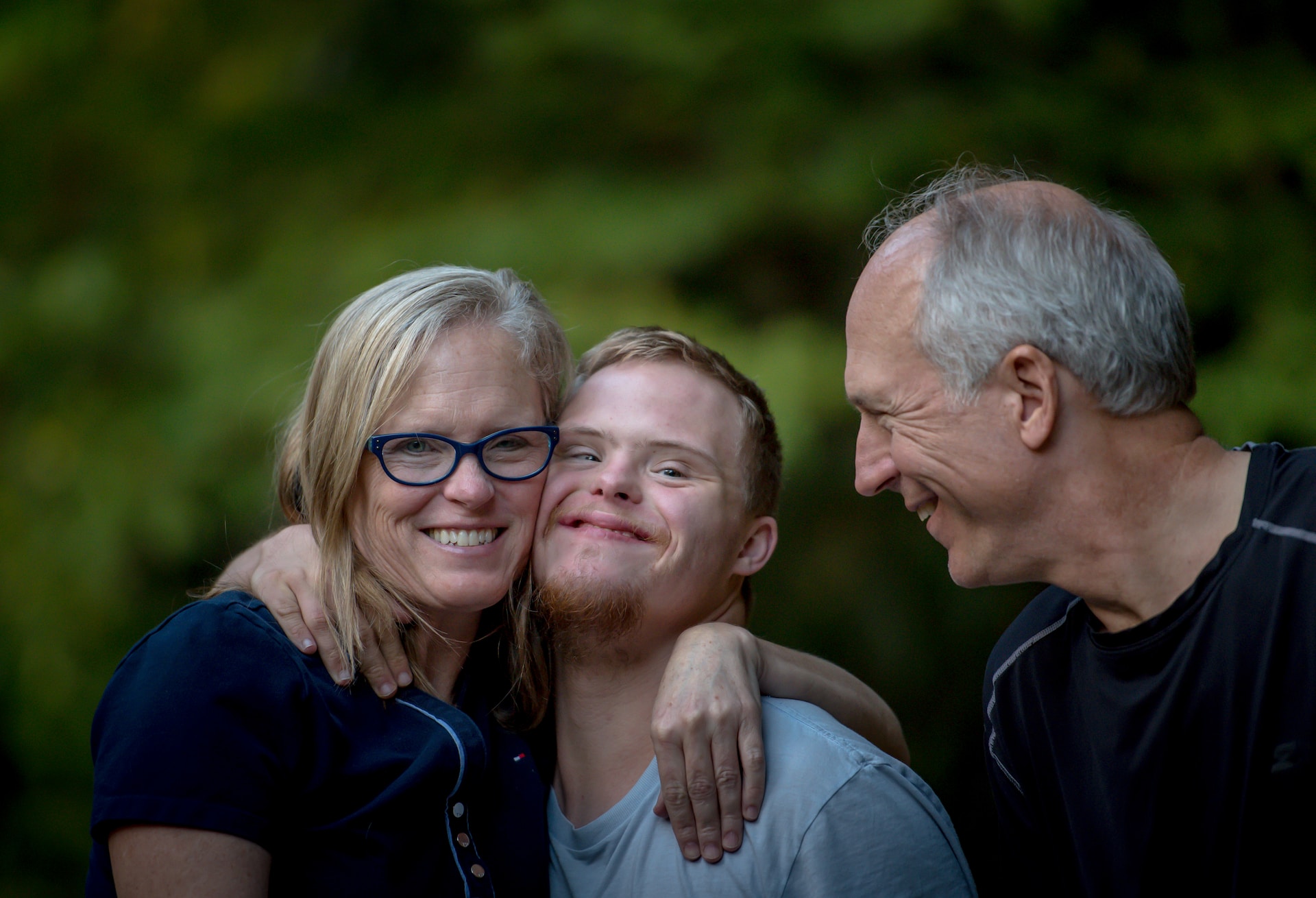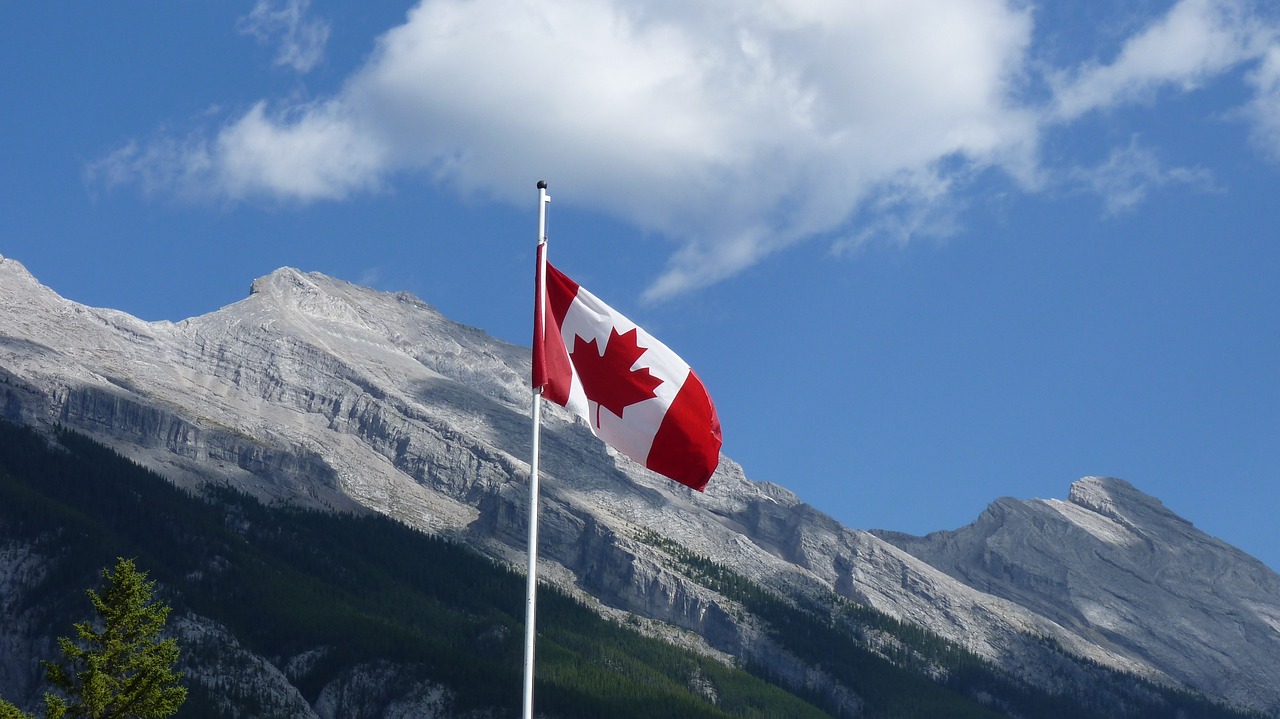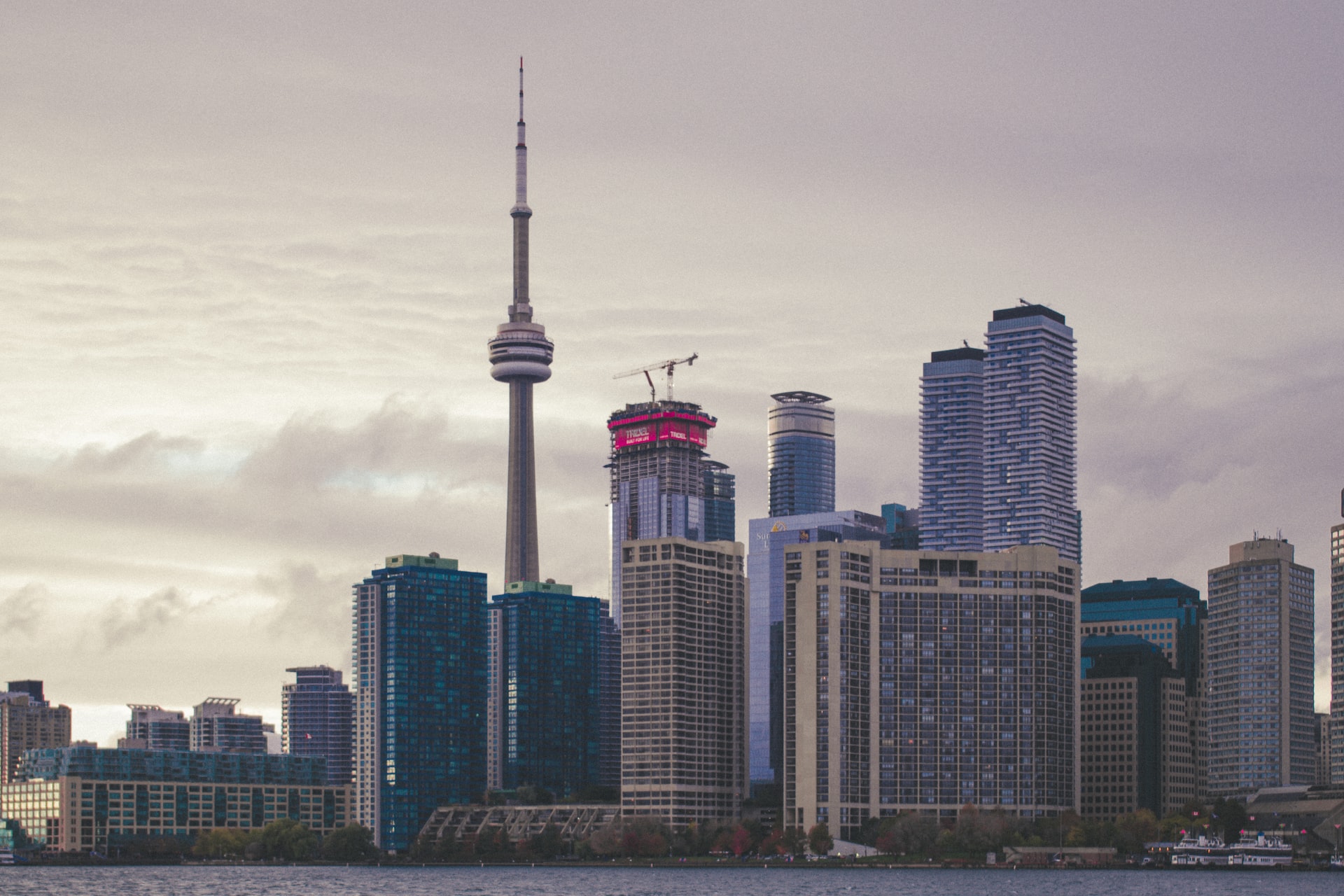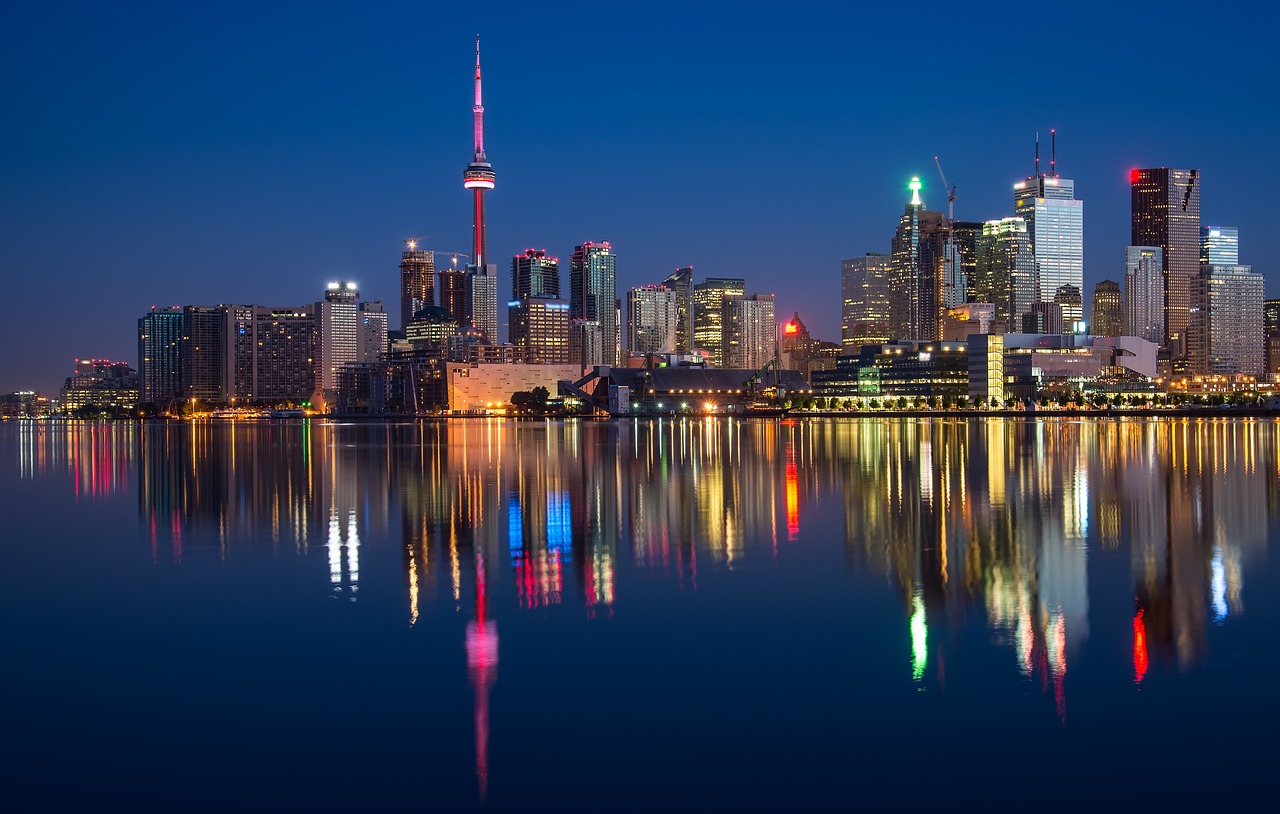
Canada has once again emerged as the happiest country in the G7, according to the 2025 World Happiness Report. While Canada saw a slight dip in its overall global ranking compared to the previous year, it continues to maintain a strong position among the world’s happiest nations. This ranking reflects a combination of social support, economic stability, and overall quality of life that makes Canada a desirable place to live, work, and settle.
Canada’s Standing in the 2025 World Happiness Ranking
Canada ranked 18th in the world in the 2025 global happiness ranking, a slight decline from its 15th-place position in 2024. Despite this drop, Canada continues to perform well in comparison to other G7 countries, all of which have seen declines in happiness rankings over the past five years. The United States ranked 24th, while the United Kingdom came in at 23rd. Notably, Germany, which ranked above Canada in 2021, has now slipped to the 22nd position.
Canada’s Happiness Ranking Over the Years
The trend in Canada’s global happiness ranking over the last five years is as follows:
- 2020 – 11th place
- 2021 – 14th place
- 2022 – 15th place
- 2023 – 13th place
- 2024 – 15th place
- 2025 – 18th place
While Finland remains the world’s happiest country for the eighth consecutive year, Scandinavian nations continue to dominate the rankings, with six of the top ten spots held by countries from this region.
How the World Happiness Ranking is Determined
The World Happiness Report evaluates happiness based on three primary indicators:
- Life Evaluations – Respondents assess their quality of life on a scale from 0 to 10, known as the Cantril Ladder.
- Positive Emotions – Includes experiences of laughter, enjoyment, and interest.
- Negative Emotions – Includes experiences of worry, sadness, and anger.
Understanding Life Evaluations
Life evaluations serve as the most reliable measure of happiness, reflecting individuals’ perceptions of their well-being over a three-year period. The rankings are based on data collected through the Gallup World Poll, where approximately 1,000 people per country provide self-assessments.
Beyond the Cantril Ladder, several factors contribute to life evaluations, including:
- Social support
- Freedom to make life choices
- Generosity
- Perceived levels of corruption
These elements help to provide a more comprehensive picture of happiness in different nations.
Top 10 Happiest Countries in 2025
Here is the list of the top 10 happiest countries in the world for 2025:
| Rank | Country | Life Evaluation Score |
| 1 | Finland | 7.736 |
| 2 | Denmark | 7.521 |
| 3 | Iceland | 7.515 |
| 4 | Sweden | 7.345 |
| 5 | Netherlands | 7.306 |
| 6 | Costa Rica | 7.274 |
| 7 | Norway | 7.262 |
| 8 | Israel | 7.234 |
| 9 | Luxembourg | 7.122 |
| 10 | Mexico | 6.979 |
Canada, while ranking outside the top 10, remains one of the happiest countries among developed nations, particularly within the G7.
Newcomer Happiness in Canada
For immigrants and newcomers, happiness in Canada is influenced by factors such as economic opportunities, social integration, and a sense of belonging. Studies have shown that many newcomers report high levels of satisfaction with life in Canada.
Newcomers’ Sense of Belonging
A 2024 study conducted by Pollara Strategic Insights found that 79% of 1,507 newcomers surveyed reported overall happiness in Canada. This aligns with findings from Statistics Canada, which show that immigrants often report a strong sense of belonging:
- 50% of recent immigrants (arrived within the last five years) report a strong sense of belonging to their local community.
- 48% of long-term immigrants (arrived more than five years ago) also report a strong sense of belonging.
- 46% of Canadian-born individuals reported a strong sense of belonging, slightly lower than the rates among immigrants.
Regional Differences in Newcomer Happiness
Immigrants’ sense of belonging varies across Canada:
- Strongest in Ontario and Atlantic Canada – Newcomers in these regions report the highest levels of integration and well-being.
- Lower in British Columbia and Alberta – Factors such as economic conditions, perceptions of discrimination, and social networks contribute to lower scores in these provinces.
Despite regional disparities, overall trends suggest that Canada remains a welcoming country for immigrants, contributing to its high ranking in the World Happiness Report.
Conclusion
Canada’s ranking as the happiest country in the G7 underscores its strong social and economic foundations. While it has seen a slight decline in global rankings, it remains a leader in providing a high quality of life. Factors such as social support, freedom, and generosity contribute to overall well-being, and newcomers continue to report high levels of happiness and a strong sense of belonging.
As Canada looks to the future, maintaining its position as one of the happiest nations will require continued investment in social policies, economic opportunities, and programs that support both citizens and newcomers. Despite fluctuations in rankings, Canada remains a beacon of happiness and stability in the world.






























